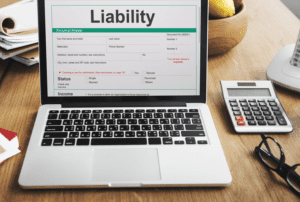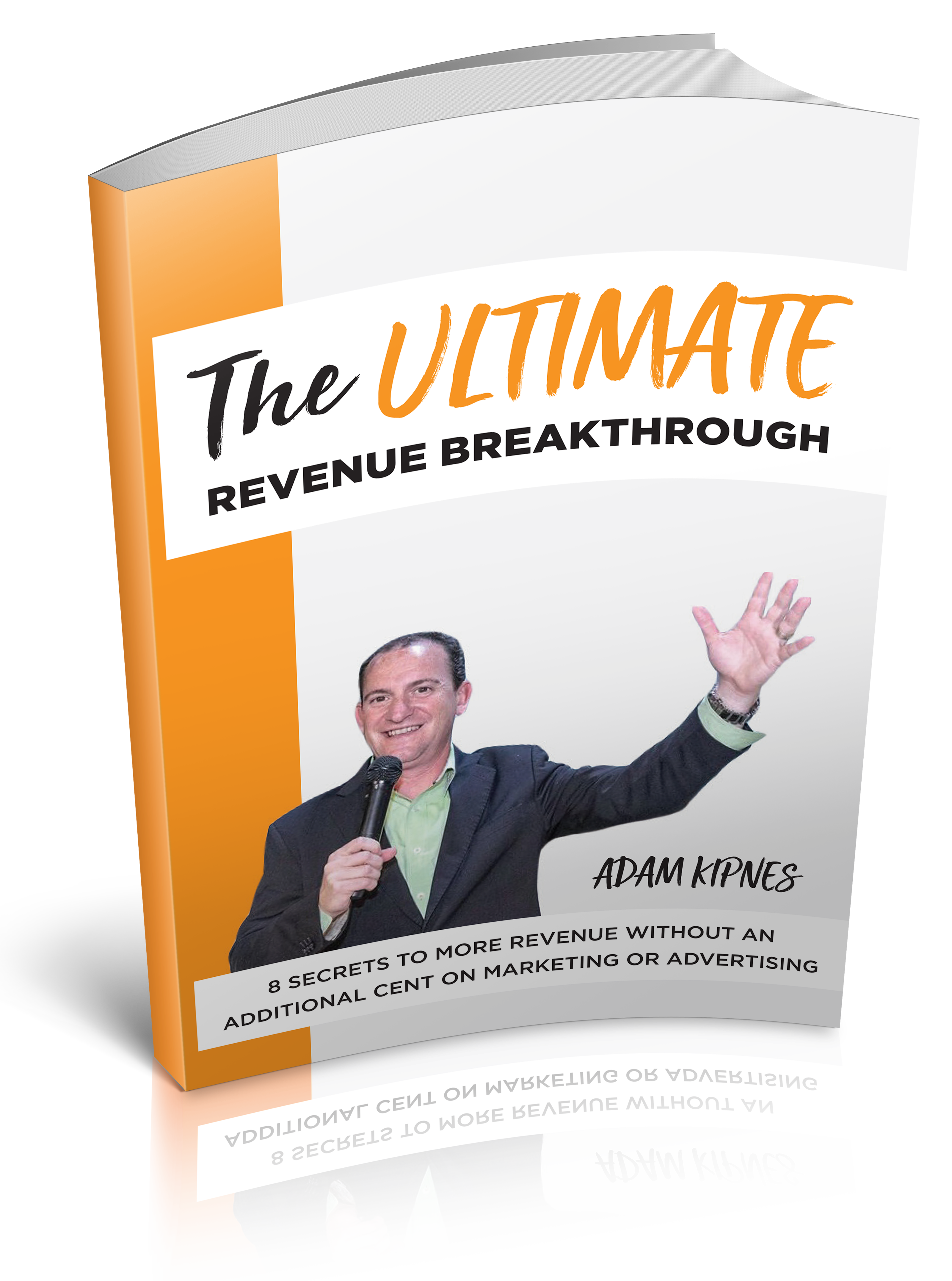
Additionally, sole traders may be required to register for Goods and Services Tax (GST) if their annual turnover exceeds $75,000. This will make it easier to reconcile bank accounts and create accurate profit and loss statements. It can also help you identify potential issues such as bad debt that may need to be written off. As a sole trader, it’s important to be diligent with your bookkeeping to accurately track business performance, make informed decisions, manage taxes and plan strategically. A bookkeeper records and maintains accurate records while an accountant makes sense of financial data.
Some of our clients
- We enjoy talking to business owners and self-employed professionals who are looking to get the most out of their accountant.
- Too little and you aren’t fairly compensated for your work; too much and you’ll have a tough time competing with other bookkeeping businesses.
- Each of these sections will provide you with practical guidance on how to keep your books in order, as well as many useful tips and tricks for maintaining accurate financial records.
- Note that the rollout of MTD also means that the annual self-assessment process will come to an end.
- As a sole proprietor, the owner must handle all bookkeeping and accounting themselves or hire an accountant.
- A positive result of an audit can be a boost to the confidence in your business’ financial position; however, there is no guarantee that an auditor will not find errors or omissions in records.
You need to store receipts and other documentation for at least five years after you lodge your tax return. You can save time by using MYOB’s Capture app — it lets you photograph and store receipts as you get them. From sole traders who need simple solutions to small businesses looking to grow, you can do it all in one place with MYOB. Figuring out what to charge is any small-business owner’s greatest challenge. Too little and you aren’t fairly compensated for your work; too much and you’ll have a tough time competing with other bookkeeping businesses. A business plan involves outlining your plans for your company in detail.
What taxes do I need to pay and when?
Reconciling bank accounts is an essential part of sole trader bookkeeping. It involves matching the transactions recorded in your bookkeeping system with those on your bank statement. Bank errors, missing transactions, and timing differences can all cause discrepancies between your records and your bank statement. Overall, accurate bookkeeping is essential for the success of your business. By keeping track of your invoices, receipts, and financial transactions, you can ensure that you are making informed decisions about your business finances. Now any VAT-registered business, including sole traders, must submit all VAT returns digitally and keep records with cloud accounting software.
How to Register a Company Name in the UK
Stay on top of your tax obligations by setting aside any funds necessary to make end-of-year tax payments. Also, ensure you’re familiar with the filing deadlines and reporting requirements. Student loan repayments and superannuation contributions become your responsibility as a sole trader.
- As a self-employed individual, it is important to keep accurate records of your finances.
- It also aids in identifying trends that influence long-term profitability by recognizing where potential losses occur so you can take necessary corrective actions like write off bad debt.
- Sole traders should seek a bookkeeping system that is good with monthly records.
- If a sole trader is struggling with bad debt from clients who have not paid their bills, seeking professional assistance may also be helpful in finding ways to recover these funds.
- Upload receipts and respond to clients and vendors directly through the app, from wherever work takes you.
- Still, you should see 197,600 job openings each year over the next decade [3].
Best sole trader accounting software
- The exact process will vary depending on how you plan on structuring your business and where you’re planning to do business.
- MYOB will then track who’s paid and who hasn’t then send automatic payment reminders.
- This could help you build credibility inside that segment, as well as help you hone your skills.
- This will help you keep track of your business income and expenses and make bookkeeping much easier.
- The most striking difference is simply the need for self-assessments and the likelihood of business owners doing their bookkeeping themselves.
You can use bookkeeping software to automatically categorise your income and expenses, or you can do it manually. Creating and sending invoices is also an important aspect of bookkeeping. Invoices should include the date, a unique invoice number, a description of the goods or services provided, bookkeeping for sole traders and the total amount due. You can create invoices manually, or use bookkeeping software to create and send invoices automatically. GoCardless integrates with all apps on this list alongside numerous major accounting partners, allowing users to raise and reconcile invoices automatically.


For now, though, you’ll likely want to get a business credit card to fund your bookkeeping business. This will give you the spending power to set up your company and put all of your business expenses in one place. That’s not only important for separating your business and personal finances, but can help you https://www.bookstime.com/articles/control-accounts with your own bookkeeping come tax season. If you are a sole trader and your turnover is below the VAT threshold, you are not required to comply with MTD for VAT. However, it is still a good idea to keep digital records and use digital accounting software to make your bookkeeping easier and more efficient.




